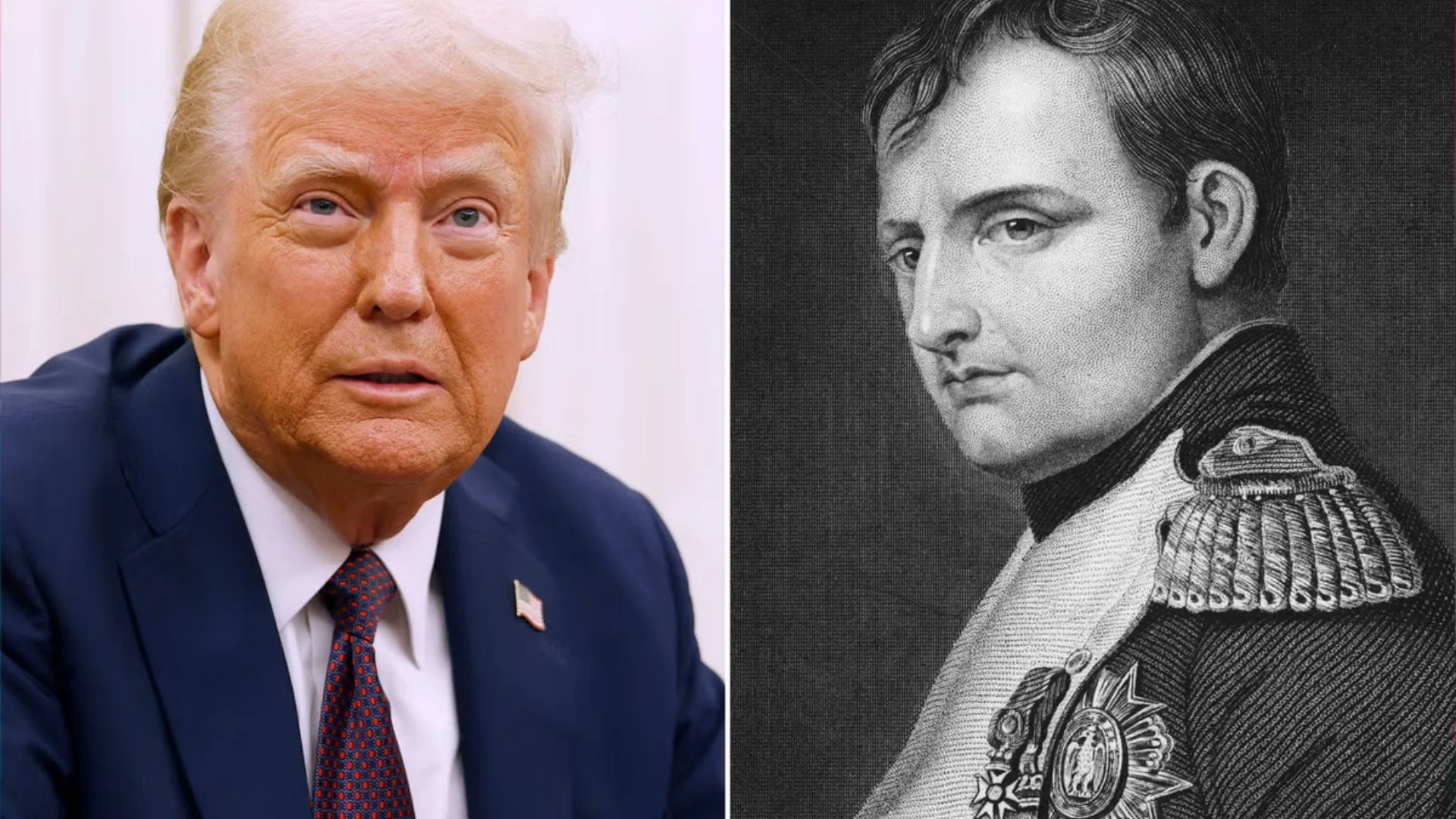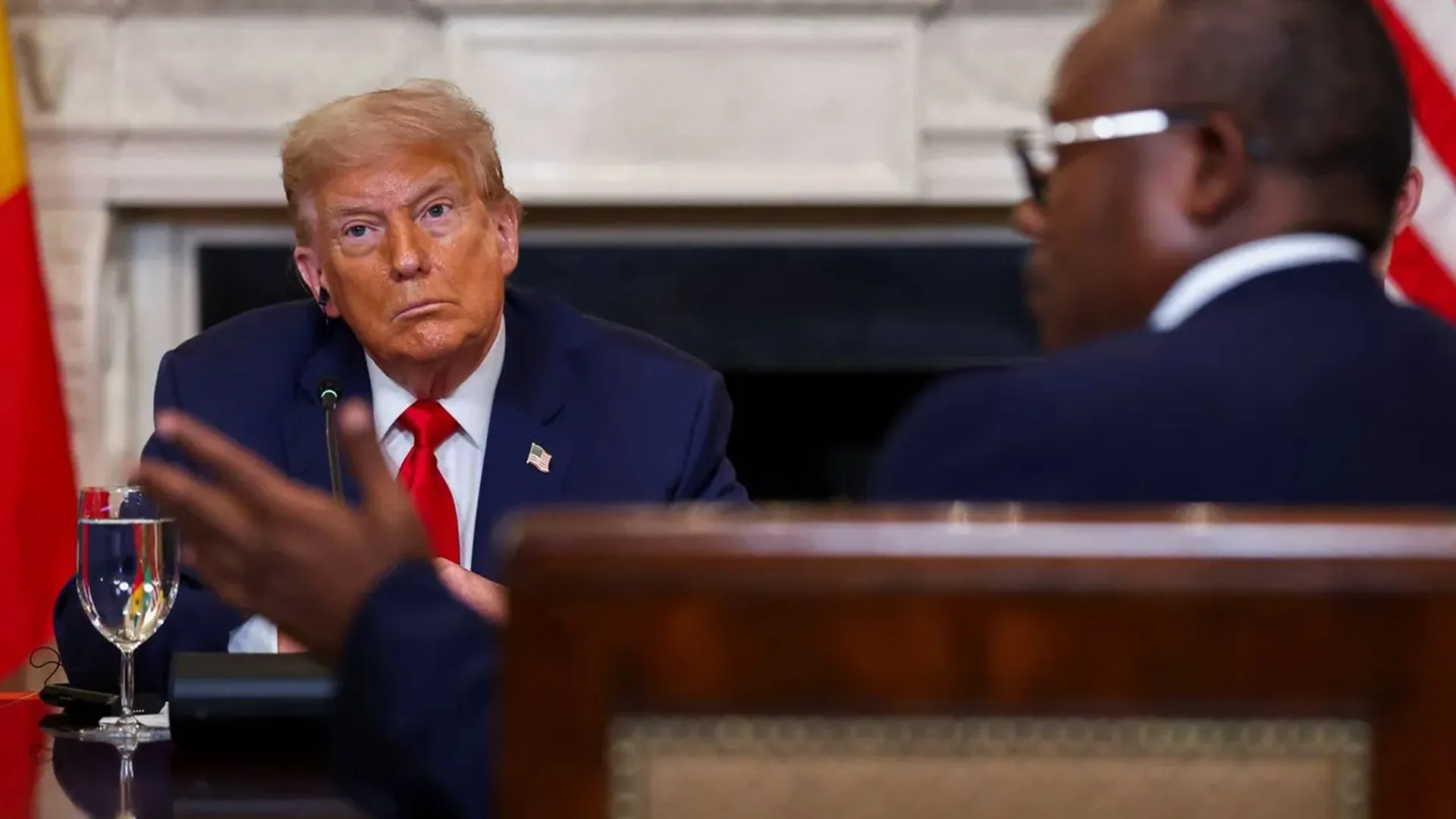Donald Trump was subjected to sharp criticism on Sunday following a comparison he drew between himself and Napoleon on Twitter, declaring, “he who saves his country does not break any laws.” The utterance, referencing the French emperor’s justification of accumulating power, further fueled worries over Trump’s resistance to judicial rulings.
The post comes after a volatile week in Trump’s second term, as his government continues to override court decisions that oppose his broad executive orders. His refusal to reinstate funding to institutions such as the National Institutes of Health has been accused of a constitutional crisis. Critics, such as former Labor Secretary Robert Reich, referred to Trump as “the most lawless president in US history.
Democrats, such as Virginia Senator Tim Kaine, condemned Trump’s actions, noting that the presidency does not give the power to disregard judicial decrees. Trump is also facing at least 70 lawsuits across the country over policies from the end of birthright citizenship to federal funding freezes.
To the controversy, billionaire Elon Musk, who was made a “special government employee,” has spread his reach throughout federal agencies. Reports of en masse firings at major departments, such as Health and Human Services, Homeland Security, and the Department of Education, indicate. Critics point out that it will undermine core public services at the expense of private interests, including Musk’s business ventures.
Trump’s administration also came under fire for excluding Associated Press reporters from the Oval Office and Air Force One following the agency’s refusal to acquiesce to his executive order renaming the Gulf of Mexico the “Gulf of America.” Trump’s proposed tariffs have also stoked economic fears, with analysts sounding the alarm over an impending trade war.
Contrary to his campaign vows to control inflation, prices increased 3% in January. Trump, changing his tune, acknowledged that expenses could rise “short-term” but promised they would fall eventually.






















